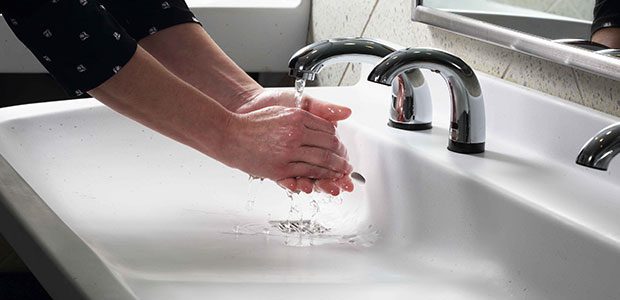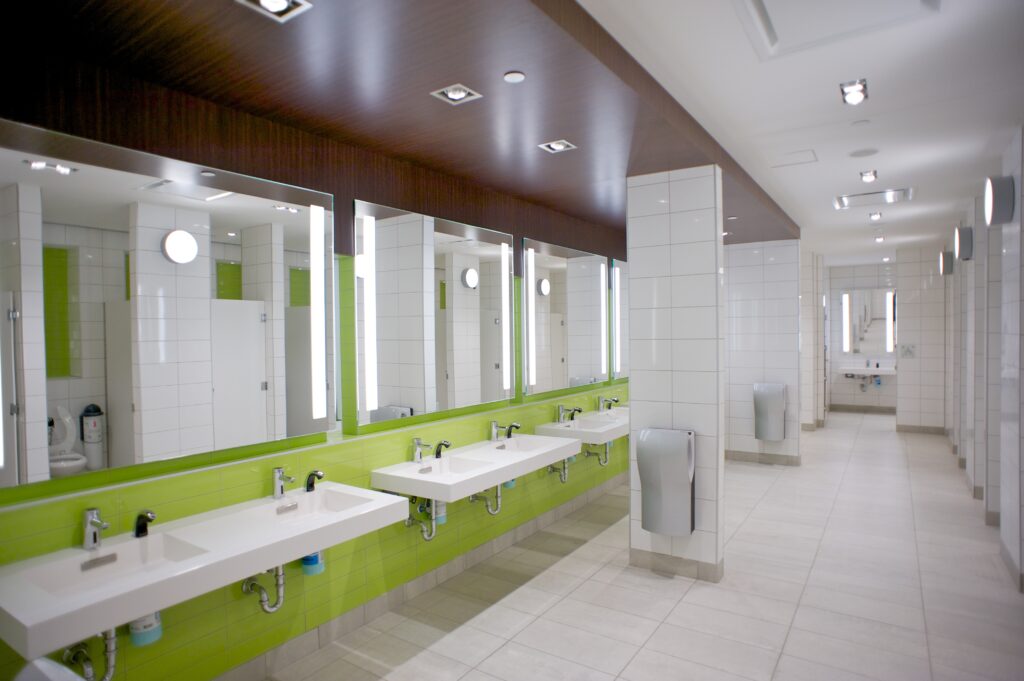Table of Contents
Updated on April 29, 2024
Global Handwashing Day/Date (2024) is on Sun, Oct 15, 2024
In this article, we highlight the importance of hand hygiene, drawing special attention to two significant international campaigns: World Hand Hygiene Day and Global Handwashing Day, both set to take place in 2023. We explore the differences between these campaigns, their focus, participation, and impact. In the wake of the COVID-19 pandemic, these days have gained more prominence, reminding us of the crucial role hand hygiene plays in disease prevention. We also delve into how the pandemic has shifted our perceptions towards hand hygiene and the importance of this year’s theme, ‘Hygiene for All’. Join us as we navigate the world of hand hygiene and its pivotal role in health.
Do you ever take the time to acknowledge just how lucky you are to have access to soap and water to wash your hands?
This is probably because handwashing has become just another routine part of our daily lives, unknowingly taken for granted.
However, 2024 has shown us all just what an incredibly important role handwashing plays in keeping ourselves and our communities healthy!
On October 15, 2024, people all over the world will take part in Global Handwashing Day; a global advocacy day that is celebrated annually to advocate for handwashing as an efficient and affordable way to prevent the spread of disease and save lives.
Last year’s Global Handwashing Day was taken place during the Coronavirus pandemic when COVID-19 has already infected 175,000 Canadians and resulted in over 9500 deaths.
That’s why we believe taking part in Global Handwashing Day and spreading this year’s theme- Hand Hygiene for All- is more important than ever- and here’s why! Lets start with understanding the difference between World Hand Hygiene And Global Handwashing Day.
World Hand Hygiene Day 2024 And Global Handwashing Day 2024
Both international campaigns aimed at promoting good hand hygiene practices, but there are several differences between them:
- Organizers and Dates:
- World Hand Hygiene Day is organized by the World Health Organization (WHO) and takes place on May 5th every year1.
- Global Handwashing Day was established by the Global Handwashing Partnership (formerly called “Public Private Partnership for Handwashing”) and occurs on October 15th each year2.
- Focus:
- World Hand Hygiene Day primarily focuses on promoting hand hygiene in the context of health care delivery. The theme for the 2023 campaign is to accelerate action and implementation of infection prevention and control measures, with a particular focus on civil society organizations (CSOs) and their role in spearheading change at local, national, and international levels1.
- Global Handwashing Day, on the other hand, is more broad in its focus and aims to promote handwashing with soap in all societies. The campaign strives to shine a spotlight on the state of handwashing in each country and raise awareness about the benefits of handwashing with soap2.
- Participation:
- The target audience for World Hand Hygiene Day is more specific, targeting health workers, policymakers, and civil society organizations1.
- Global Handwashing Day involves a broader audience, with over 200 million people celebrating the event each year, including governments, schools, NGOs, and private firms2.
- Impact:
- Both campaigns emphasize the importance of hand hygiene in preventing diseases. However, World Hand Hygiene Day places a stronger emphasis on the role of hand hygiene in preventing infections and antimicrobial resistance in health care settings1.
- Global Handwashing Day highlights that with proper handwashing, respiratory and intestinal diseases can be reduced by 25–50%2.
How our Perceptions on the Importance of Good Hand Hygiene Have Changed
We’ve all seen them: that person who uses the public washroom and leaves without washing their hands. Well, did you know that less than 50% of Canadians wash their hands after using a public washroom? That number gets even lower if you only consider people who wash their hands properly with soap and water for 20 seconds. Before COVID-19, poor hand hygiene was considered gross and impolite at worst, rarely viewed as a serious public health risk.


However, with communities struggling to keep their COVID-19 cases under control while educating people on the importance of hand hygiene, public opinion on poor hand hygiene has shifted from gross to dangerous. As a result, we are seeing the number of people washing their hands for more than 10 seconds more than double since the pandemic. The length of time spent handwashing has also increased by 85%, with 90% of people now washing their hands for 20 seconds- a huge increase from the pre-pandemic 48.6%.
Hygiene for All: Why this Year’s Theme is So Important
The World Health Organization defines basic handwashing facilities as “the availability of a handwashing facility on the premises with soap and water” and includes fixed sinks and taps as well as mobile basins or jugs used for handwashing.
What does the Hygiene Gap Look Like?
- 40% of the world’s population does not have access to basic handwashing facilities
- There are currently 17 countries, where more than 10 million people who lack handwashing facilities
- Only 68% of health care facilities globally have basic handwashing facilities at points of care
- There are a lot of inequities among and within countries with the richest wealth quintile having at least twice as much access to basic handwashing facilities as the poorest quintile
- Only 57% of schools globally provide basic handwashing facilities for their students, leaving 818 million students with no where to safely wash their hands


Access to safe and clean handwashing facilities is something Global Handwashing Day has been advocating for since it was first started in 2008. This year is especially important because it is taking place during the COVID-19 pandemic, where the promotion of hygiene through education and awareness can help save lives. In fact, hand hygiene promotion is one of the most cost-effective public health interventions. Discover more about this in our complete guide to hand hygiene.
To learn more about Global Handwashing Day, visit: https://globalhandwashing.org/
Promoting Proper Hand Hygiene in Your Business


Citron Hygiene has been helping businesses elevate their hygiene for over 45 years. However, this year’s business demands have been different, with businesses making infection prevention a central part of their facility hygiene plan now more than ever. In response, Citron has been helping our customer’s upgrade their washrooms by using touch-free fixtures like AutoSoap and AutoFaucet, replacing contaminated bulk soap dispensers with touch-free soap dispensers, the innovative Gojo soap dispensers, HEPA-filtered hand dryers, and touch-free paper towel dispensers. Where soap and water is not available, we also supply Purell Hand Sanitizer solutions and our own Citron branded hand sanitizer with all options effective at removing germs from hands.
Having these fixtures in place can help significantly reduce the number of high-touch surfaces within the washroom and limit cross-contamination. Permanently upgrading your washroom to be more hygiene-friendly is a much more effective way of keeping your staff and customers safe than other temporary measured used only during the pandemic. This is because handwashing naturally increases during viral outbreaks, but studies show that as the fear of infection decreases, so does proper hygiene behavior.
To learn more about elevating your washrooms’ hygiene, contact a Citron hygiene specialist today.
Related posts:
- Impact Of Inflation On Menstural Hygiene Period Poverty in 2024
- Global Period Poverty: Stats, Struggles & Solutions Worldwide
- How To Sanitize and Spring-Clean Your Workplace in 2024
- Commercial Hand Sanitizer – Types, Myths & How To’s [2024]
- How to Use Hand Sanitizer Safely – Tips For Safe Use [2024]
- The Best Celebrity Handwashing Videos Right Now
- Importance of Hand Washing in Schools – Hand Hygiene Benefits
- Are Hand Dryers Hygienic? Myths & Importance Of Hand Dryers
